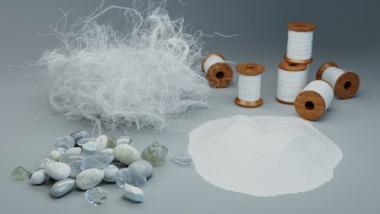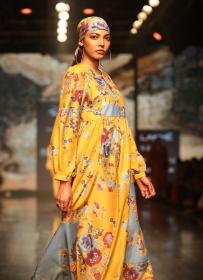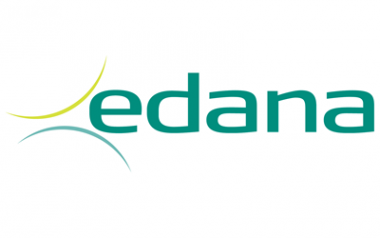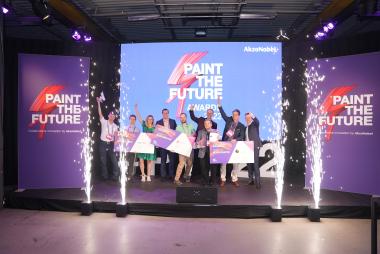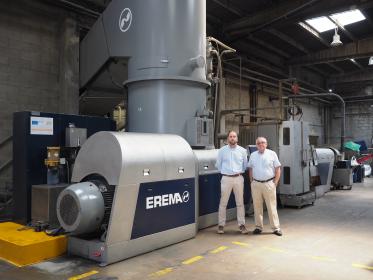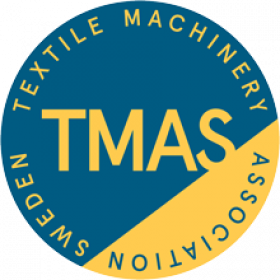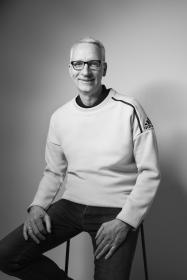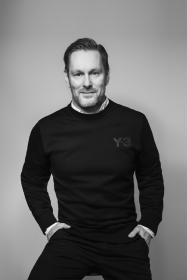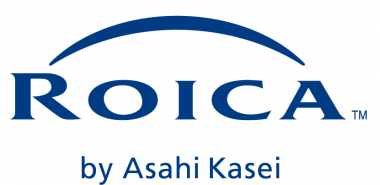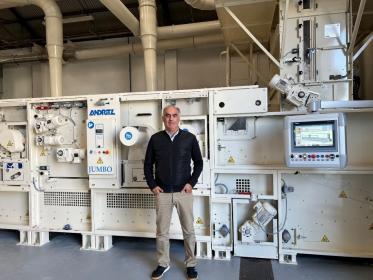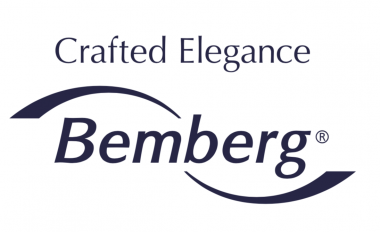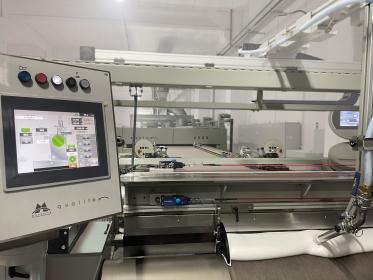Haelixa marks and traces sustainable cotton from Costach and Creditex in Peru
Under the United Nations Economic Commission for Europe (UNECE) initiative to enhance transparency and traceability in the garment and footwear industry, Haelixa realizes a pilot project with Costach Cooperative and Peruvian textile company Creditex to give sustainable rural cotton producers in Peru more visibility in the value chain.
In 2019, UNECE and United Nations Centre for Trade Facilitation and Electronic Business (UN/CEFACT) have set up an initiative to drive transparency and traceability for sustainable value chains in the garment and footwear industry. The initiative is jointly implemented with the International Trade Centre (ITC) with financial support by the European Union. Haelixa is proud to be part of the group of experts that develops policy recommendations, traceability standards, and conducts projects to set traceability benchmarks. With the support of the +Cotton Project, implemented by the Food and Agriculture Organization of the United Nations (FAO) and the Brazilian Cooperation Agency (ABC) a pilot is being realized in this context to mark and trace the finest Pima cotton for Creditex directly at the gin in Piura, Peru. Haelixa’s DNA marker connects the actual lint cotton to the entry on a blockchain system provided by UNECE. The Haelixa technology ensures that the information about the product’s origin and the journey of the product along the value chain is always safely embedded into the product itself. The marked cotton will be used to make exclusive pajamas sets for Cat´s Pajamas. DNA traceability will enable the verification of the premium origin of Peruvian Pima cotton in the final garment produced using sustainable practices by family farmers associated with the Costach cooperative.
Costach is the main cooperative of cotton farmers in Peru. The cooperative consists of 5,200 family farmers in the Piura region, producing mostly extra-long fiber of Pima Cotton. Since 2017, the +Cotton project has been supporting the farmers with training on sustainable practices and has been providing technical assistance for improved markets access.
Creditex is vertically integrated from cotton ginning to fine thread, up to the production of high quality apparel for international premium brands. The company takes social responsibility and environmental stewardship very seriously and therefore makes a strong partner for this project, empowering the cotton family farmers that hold the majority of cotton production in Peru.








